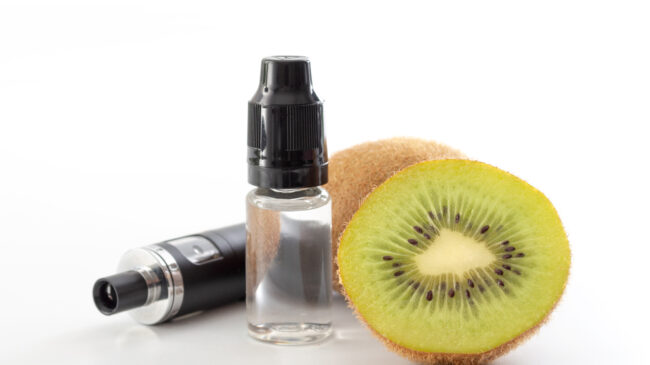Testimony before the Senate Committee on Judiciary regarding S938, June 29th, 2021.
Chair Coyne, members of the committee, thank you for allowing me the opportunity to submit testimony on S938.
My name is Guy Bentley, and I’m the director of consumer freedom at the Reason Foundation, a 501(c)3 nonprofit think tank. The consumer freedom project analyzes and promotes policy solutions that improve public health while avoiding unintended consequences and protecting consumer choice.
The intention behind S938 to reduce youth e-cigarette use among youth, is to be applauded. However, the evidence on such prohibitions’ success should raise significant concern that the ban will promote further inequalities in the criminal justice system, push tax revenue to other states, increase illicit trade, and fail to improve public health.
Youth e-cigarette use and flavors
Fortunately, youth smoking in Rhode Island is at its lowest point in history at 4.2 percent and lower than the national average of six percent. Youth vaping has also fallen substantially. According to the 2020 National Youth Tobacco Survey (NYTS), youth vaping declined nationally by 30 percent in 2020. The survey was conducted before the closure of schools and the imposition of lockdowns in response to the coronavirus pandemic.
Furthermore, data released by the Centers for Disease Control and Prevention (CDC) shows flavors are not the leading reason why youth initiate vaping. According to the CDC, the primary reason youth initiate vaping is “curiosity,” followed by “friend or family member used them,” with “they are available in flavors, such as mint, candy, fruit, or chocolate” coming a very distant third. An analysis of youth vapers in 2020 also showed Juul, the market leader in pod-based e-cigarettes, is no longer as widespread as previously thought, with 74.6 percent of youth who vape using a product other than Juul.
Evidence to date suggests policies to ban the sale of flavored tobacco products can produce unintended consequences. In 2018, San Francisco banned the sale of all flavored tobacco products, including e-cigarettes with flavors other than tobacco. Yale University’s Abigail Friedman found that after the ban was enacted, San Francisco area youth had double the odds of smoking compared to similar jurisdictions with no tobacco flavor ban. “While neither smoking cigarettes nor vaping nicotine are safe per se, the bulk of current evidence indicates substantially greater harms from smoking, which is responsible for nearly one in five adult deaths annually. Even if it is well-intentioned, a law that increases youth smoking could pose a threat to public health,” said Friedman.
E-cigarettes and Tobacco Harm Reduction
The FDA is currently reviewing e-cigarette product applications that contain reams of data on safety, efficacy, and potential threats to youth. If the FDA finds that any product is on net harmful to public health, it will be removed from the market. But if the product is deemed to be net beneficial, it will be authorized for sale as appropriate for the protection of public health. Banning these products before the FDA concludes its review would limit consumer access to products the FDA may deem as a positive for public health later in the year. Flavors other than tobacco are an important part of the appeal of e-cigarettes to adult smokers.
According to a 2020 study by researchers at Yale School of Public Health, the use of e-cigarette flavors is positively associated with smoking cessation outcomes for adults but not associated with increased youth smoking. The evidence for the efficacy of e-cigarettes as a tool for quitting smoking was further strengthened in a 2020 publication by the Cochrane Review.
The Cochrane Review, often considered the gold standard of evidence-based medicine, released a report concluding e-cigarette users were more likely to quit smoking than those using traditional nicotine replacement therapies. Prohibition of flavored e-cigarettes, which are overwhelmingly the choice of adult vapers, risks fueling illicit markets, forcing the closure of Rhode Island vape shops and driving vapers back to smoking.

